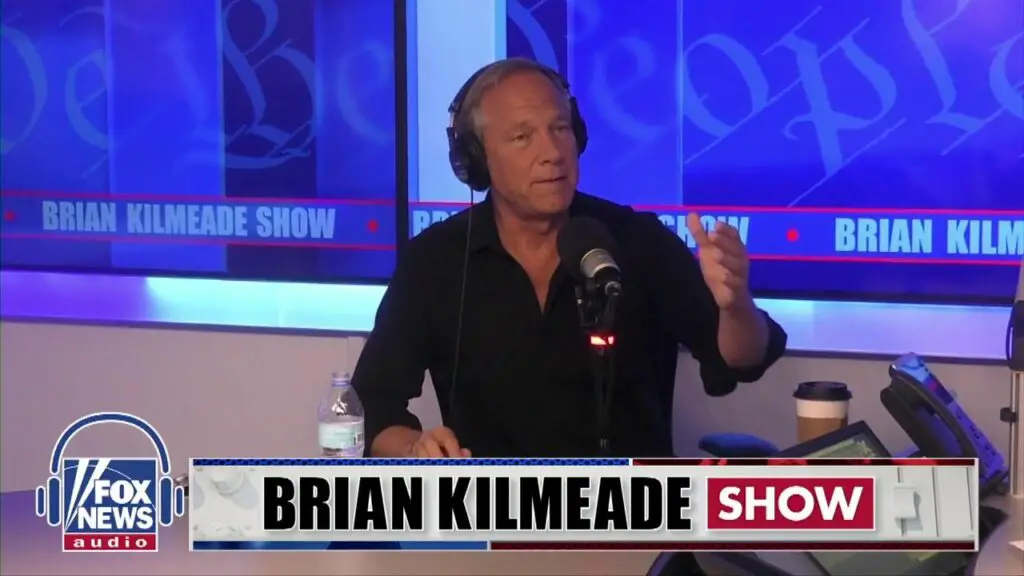FOX Business host Mike Rowe is sounding the alarm on a blue-collar worker shortage in the U.S. He warns of significant national security risks if American-made production declines due to the scarcity.
On the "Brian Kilmeade Show," Rowe expressed concerns about the shortage of trade workers and its impact on national security and debt. He emphasized the importance of domestic production and a balanced workforce.
"Every year, for every five tradespeople who retire, two replace them," Rowe said. "This has been the trend for about 18 years. The math has become critical and under-reported. Major corporations relying on skilled labor are struggling to hire."
Watch the latest video at foxbusiness.comRowe, who advocates for blue-collar jobs, finds it alarming that there aren’t enough tradespeople entering the workforce. Despite a 16% increase in vocational college enrollment since 2018, it's not enough to address the shortage as younger generations reconsider trades.
A January 2024 National Student Clearinghouse report showed increased enrollment in vocational programs. However, an April report noted a decline in undergraduate completions for the 2022-23 academic year, despite growth in certificate earners for trades.
Rowe warned of national security consequences due to the shortage. "This is a national security issue," he said. "We are on the verge of not being able to produce things domestically."
He stressed the importance of a balanced workforce and skilled trades. "If making stuff in this country matters, we are at a tipping point," Rowe added. "I'm ringing the alarm bell."
As the national debt grows, Rowe’s comments come amid rising inflation and unaffordable college costs. More Americans are now considering vocational schools as an alternative to traditional college education.
Brian Kilmeade questioned Rowe on solving the debt crisis. Rowe acknowledged the severe debt problem and expressed skepticism about finding an immediate solution.
Forbes Media chairman Steve Forbes, discussing the U.S. debt crisis on 'The Bottom Line,' called for Reagan-era policies. "The short answer is, I don't know," Rowe responded. "It's going to be very, very painful."
Rowe emphasized the complexity of the debt issue. "No one seems ready to address it candidly," he said. "It might have to hit a crisis point before real changes occur."

